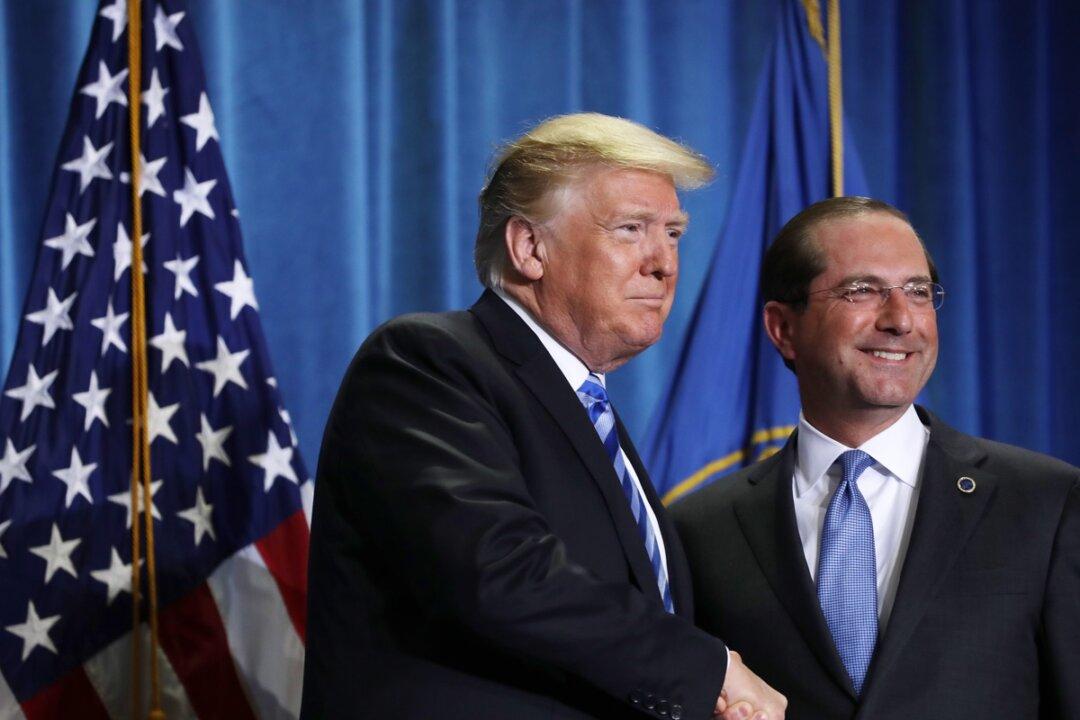The proposal to implement a pharmaceutical drug import plan by the Trump administration is being met with opposition by drug makers and researchers who call the plan a dangerous scheme.
But Marc-André Gagnon, a pharmaceutical policy researcher at Carleton University in Ontario, Canada, and Master of Advanced Studies in Economics, said he doesn’t buy into all the negativity.





